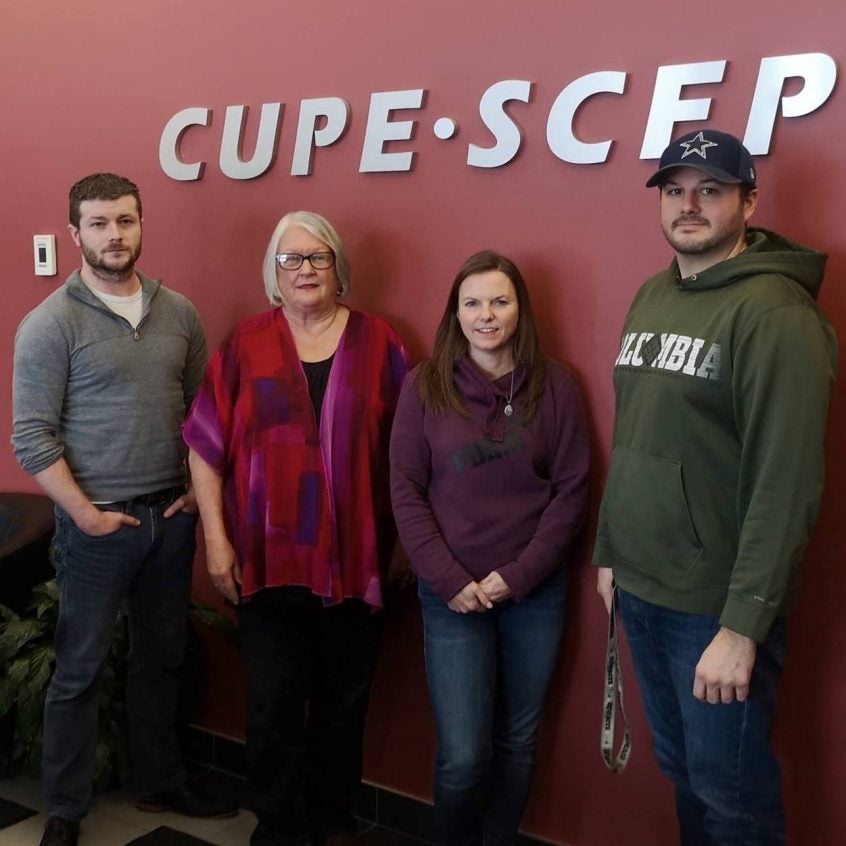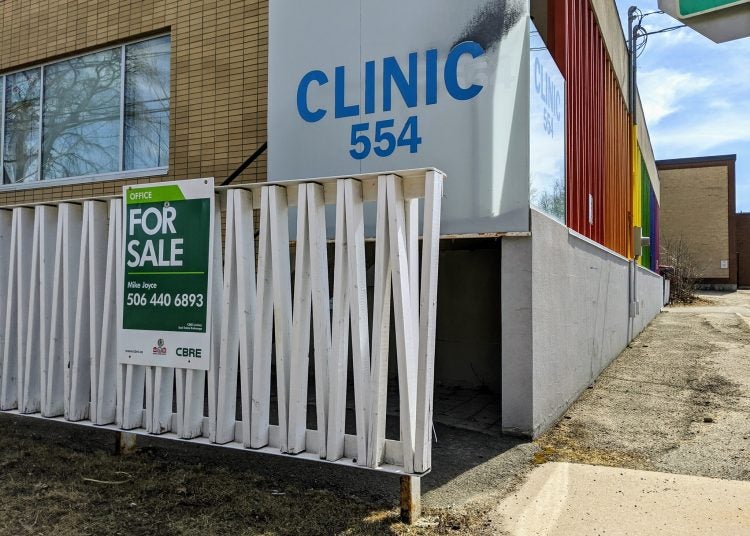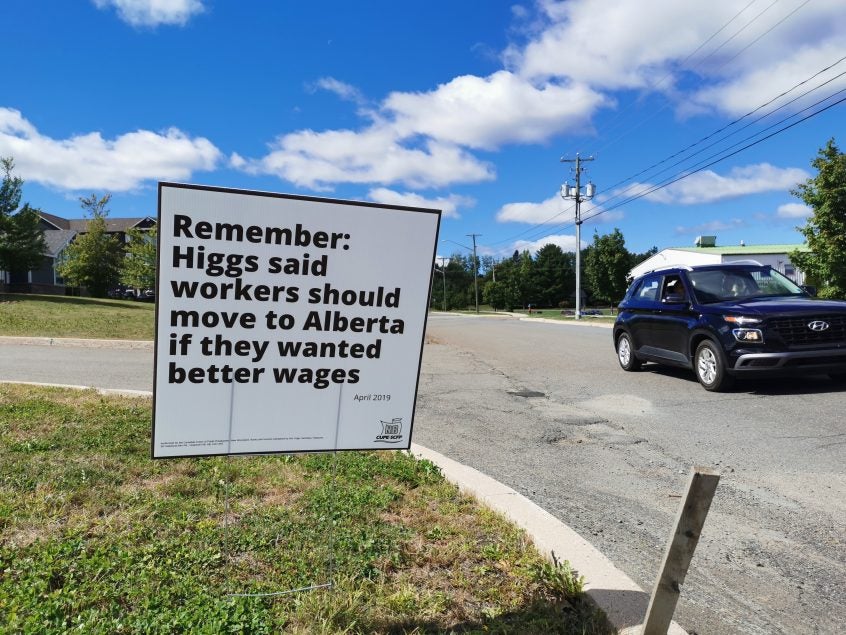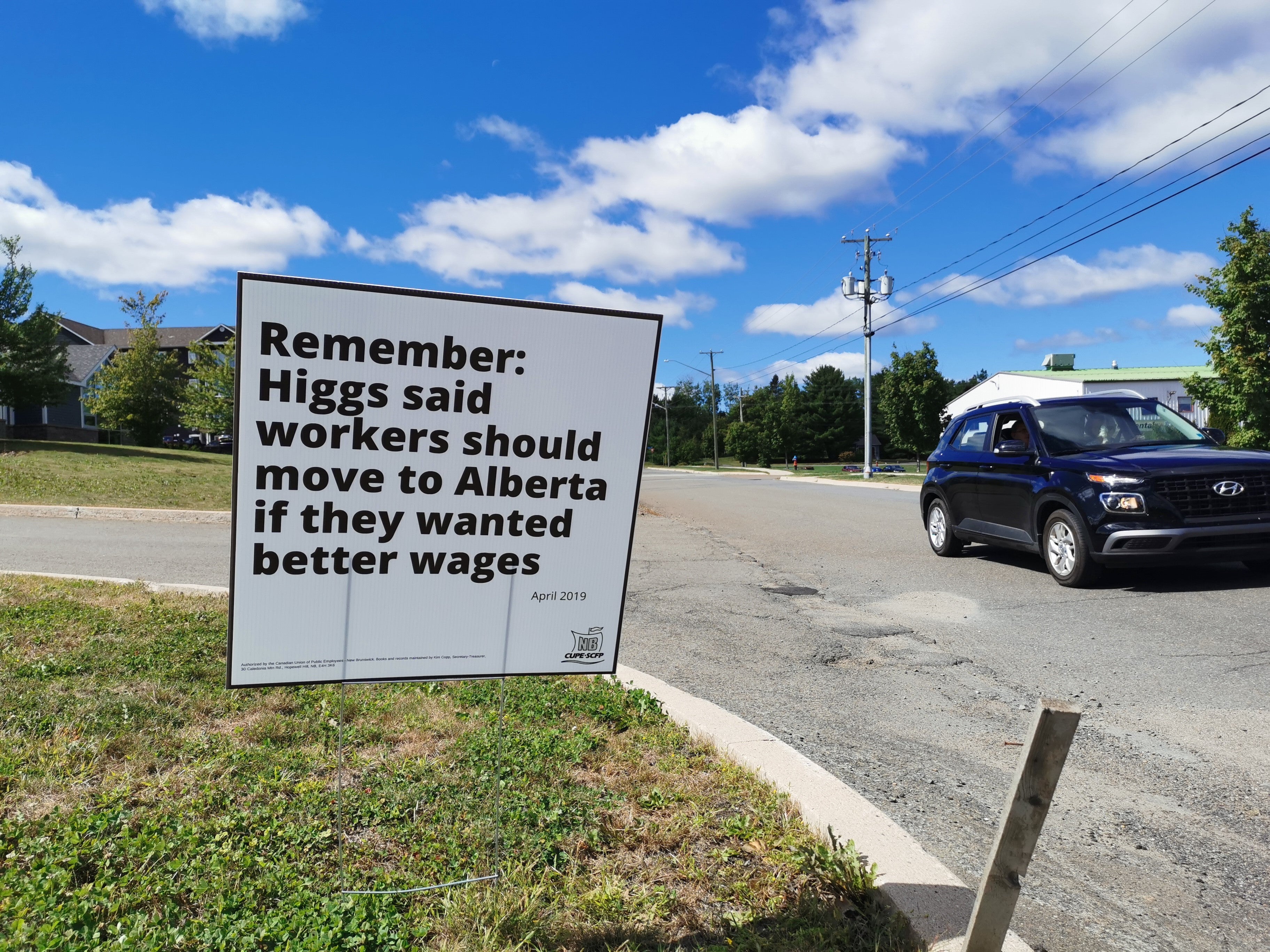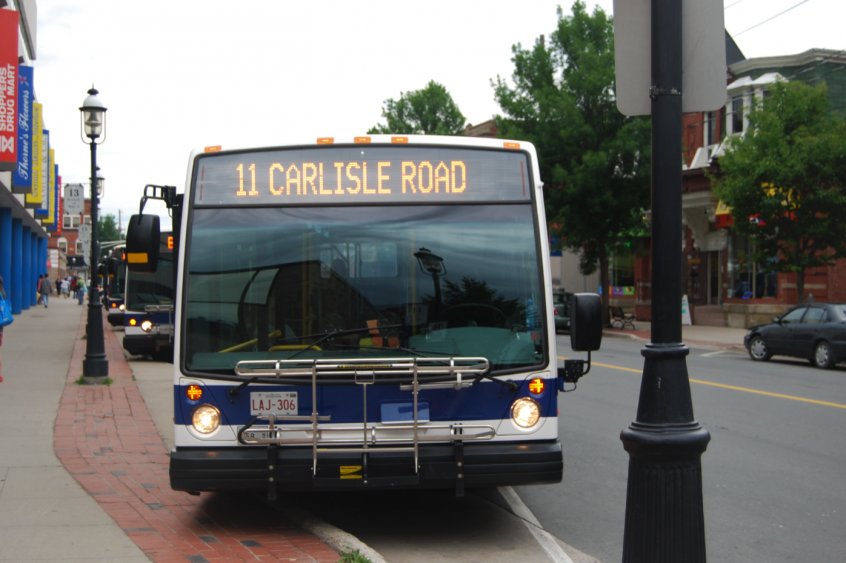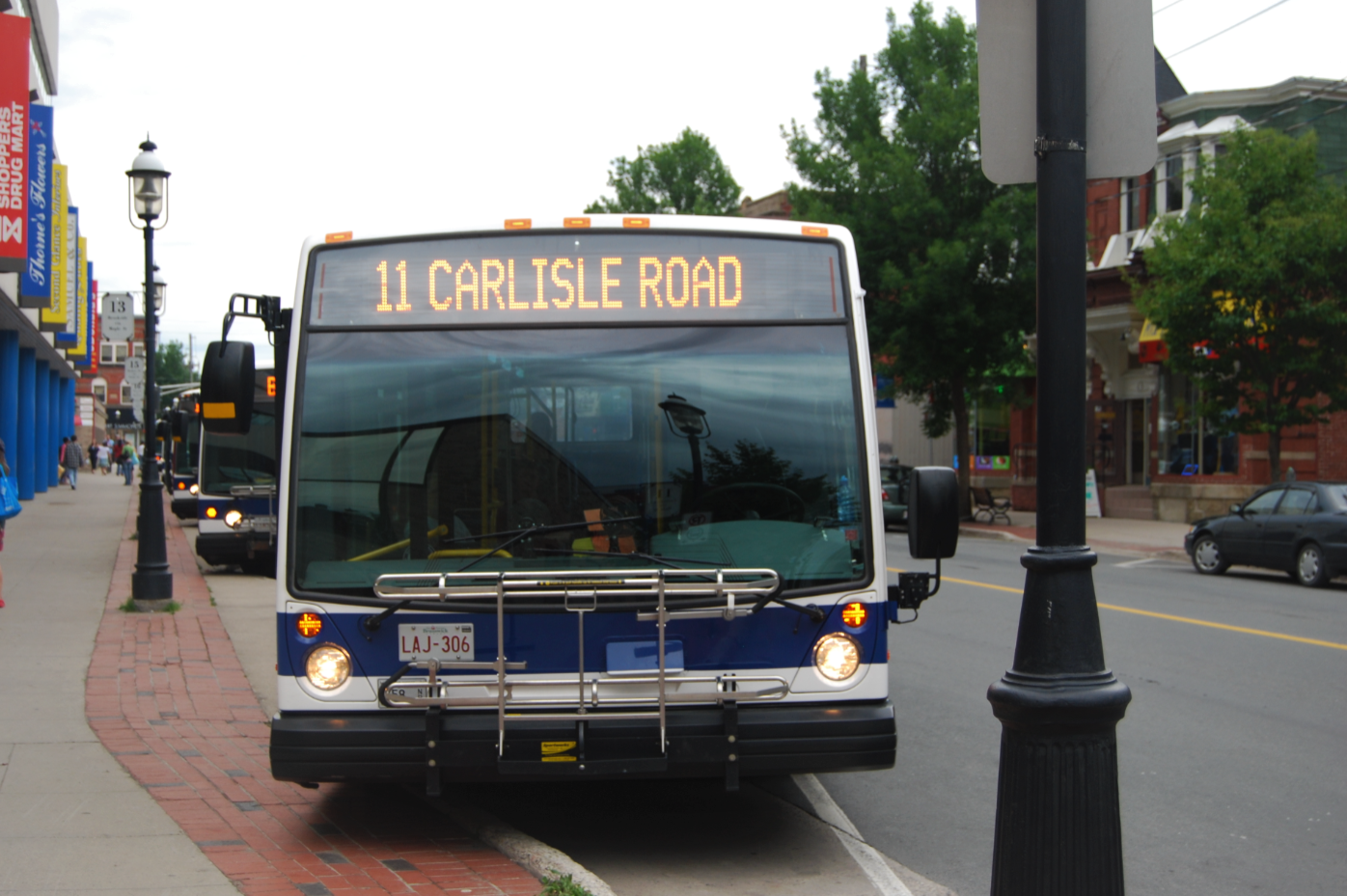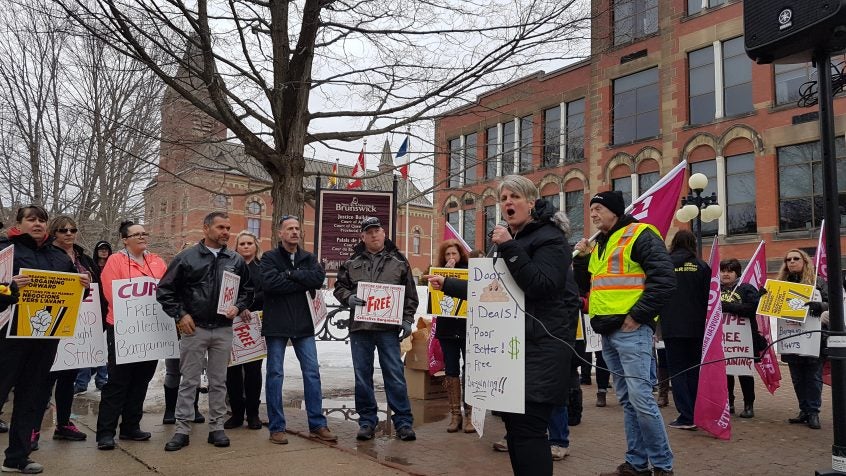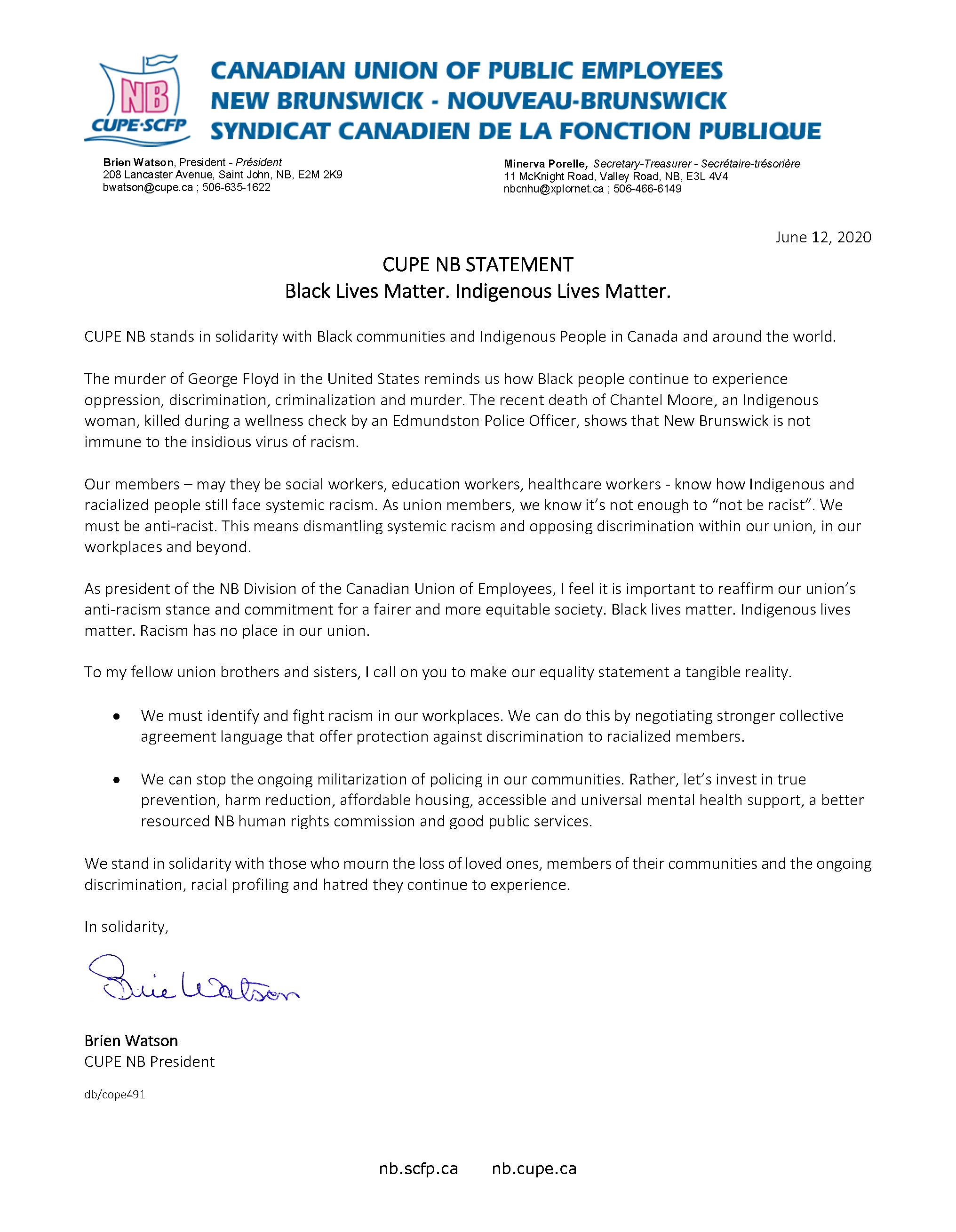Fredericton, October 30 2020 – Recently, the NB Coalition for Pay Equity released an 86-page report to bring attention on the undervalued and underpaid work in community care. The report highlights the extent of the pay gap in this overwhelmingly female-dominated sector.
“The report’s findings are wholly supported by the 21 union locals that are members of the New Brunswick Community Service Unions (NBCSU),” said Laurie Anderson, president of the NBCSU and herself a group home worker.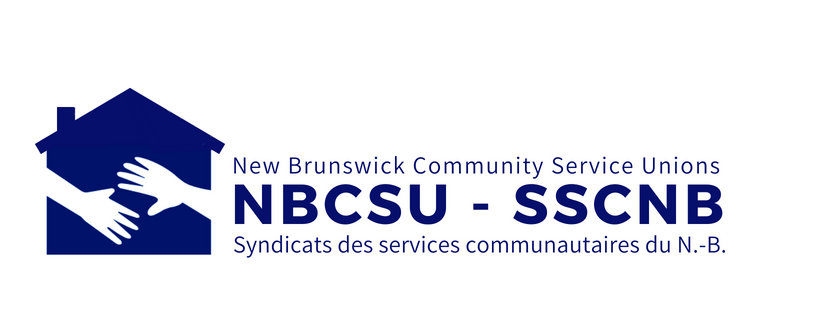
This summer, the federal government had announced a temporary wage top-up for workers earning less than $18/hour in the sector, as it was clearly recognized as essential work. “The wage top-up was a good step, but it does not get us close to pay equity, nor was it the aim of the program. The provincial government has yet to do its part here. Action is needed to get our sector to a fair and equitable wage,” said Anderson.
The Coalition’s report demonstrates that in 2020, in most classifications, community care work remains seriously underpaid by at least $8/hour.
“Our members, like direct caregivers, crisis interveners and home care workers, just to name a few, are not only underpaid; they don’t have enough schedule stability and predictability,” said Anderson.
“The Throne Speech is coming on November 17. I hope Social Development Minister Bruce Fitch will work with Premier Higgs to improve public investment to make fairness a priority in the upcoming budget,” concluded Anderson.
CUPE has long called for pay equity legislation in the private sector and joins the Coalition for Pay Equity in their recommendations for reform.
The NBCSU represents over 500 workers in the community care sector throughout New Brunswick. This includes workers in home support, group homes, special care homes, transition houses and more.

